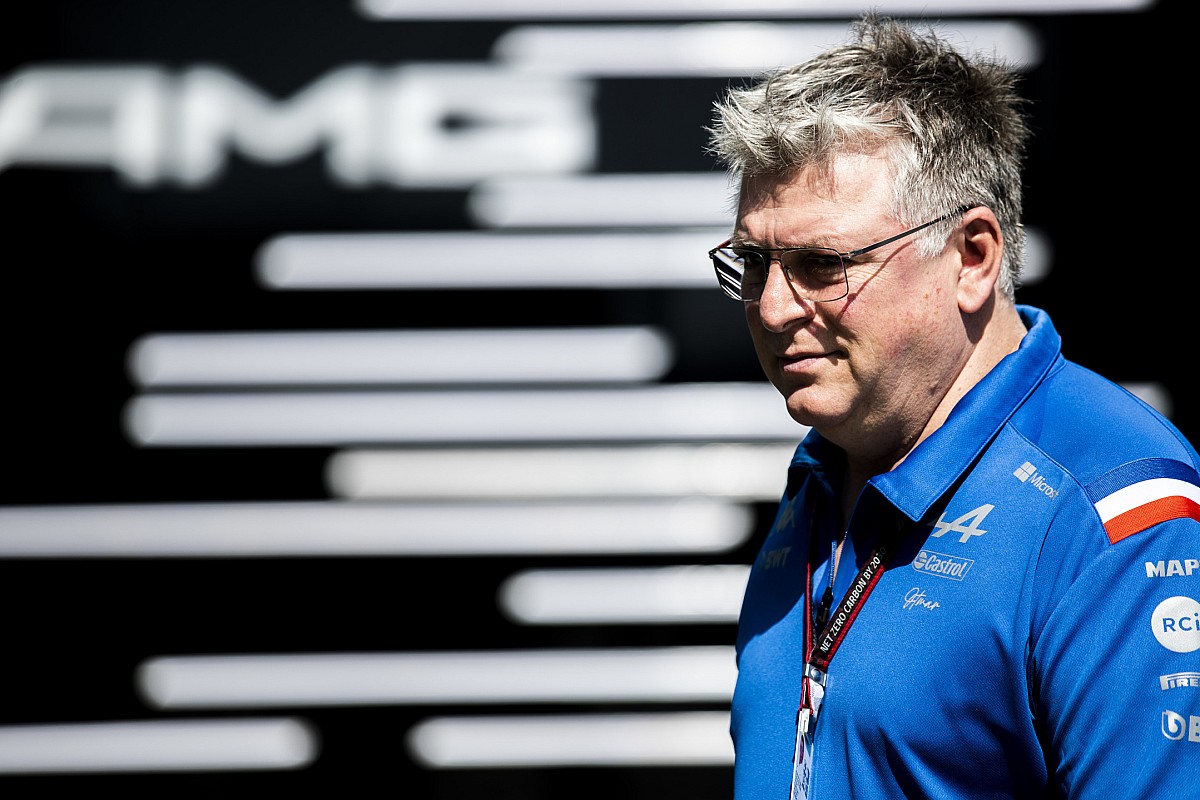
The gathering was one of the regular informal Saturday coffee mornings hosted by Stefano Domenicali, a custom begun by his predecessor Chase Carey.
Drive to Survive’s cameras were following Toto Wolff in Montreal, and were allowed to film the meeting.
They captured a heated exchange between Wolff, Mattia Binotto and Christian Horner on the subject of porpoising and bouncing, and the associated FIA technical directive.
F1 insiders have suggested that some in the meeting were playing to the cameras, with Horner noting there was "an element of theatre" about the proceedings.
When asked if the cameras made a difference, Szafnauer said: "Well it certainly added to my reticence to say anything! I don't know, should Netflix be in there? Or shouldn't they be in there?
“I mean, I remember watching the Senna movie, and all those years ago, they had cameras in those types of meetings. So is it good for the fans, does it help all of us if they understand some of that stuff? Maybe.
“Does it create drama that otherwise wouldn't be there? I don't know. It's hard to tell, because it's not a controlled experiment. You’ve got to have the same meeting without them there. So I don't know.
“But I'm sure people will guess that it does have an influence. And, you know, maybe it does. Is it good? Or is it bad? I don't know. But I think that kind of stuff if the fans see it, and understand it, it just creates a bit more attraction to our sport. I think that's good."
Reminded that the footage won’t be seen until season five emerges in February, he said: "But even then it's better that not seeing it at all. It is a backwards look, Netflix.”

Szafnauer recalled meeting fans on a flight who had been attracted to F1 by Drive to Survive.
“I met one from Chicago, one from Michigan,” he said. “And both of them said we are 'COVID F1 fans'. What do you mean by that? They said well, during COVID only F1 was on TV.
“So they said we watched all the F1 races and thereafter watched Netflix and now we have an understanding. And lo and behold, they're travelling from Detroit and Chicago to come here to their first races. One of them went to Miami as well. So, [Canada was the] second race.
“But if it helps attract those people, because I think we've got a great sport, it was a well-kept secret before, and if you expose more people to it, it's better for all of us."







